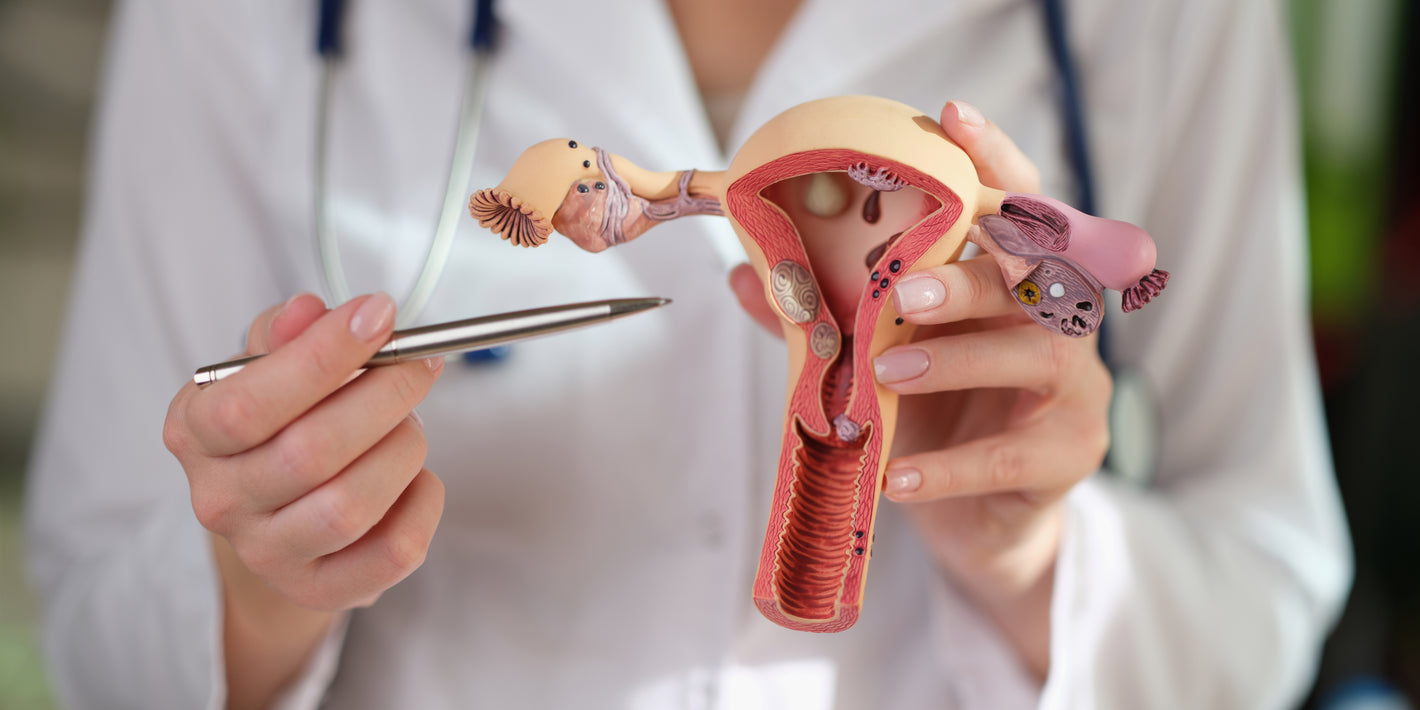
How Sleep Troubles Impact Reproductive Health
Introduction
In the realm of health and wellness, sleep is often heralded as a cornerstone of well-being, influencing everything from cognitive function to cardiovascular health. However, its pivotal role in reproductive health is less frequently discussed, despite compelling evidence linking sleep quality with fertility and hormonal balance. This article delves into the intricate ways sleep disturbances can affect reproductive functions, offering insights into the biological mechanisms at play and providing guidance for mitigating these impacts.
Understanding Sleep and Its Importance
Healthy sleep is not merely about duration but also about quality and timing. The sleep cycle comprises several stages, including REM (rapid eye movement) and non-REM phases, each playing a critical role in bodily restoration and brain function. Common sleep disorders, such as insomnia (difficulty falling or staying asleep) and sleep apnea (interruptions in breathing during sleep), disrupt these cycles, leading to far-reaching health consequences.
Among adults, sleep troubles are widespread, with stress, lifestyle factors, and medical conditions acting as common culprits. Given the vital role of sleep in regulating hormones and maintaining bodily systems, its disruption can have profound effects on reproductive health.
The Hormonal Link: Sleep and Reproductive Hormones
Sleep and hormonal balance are deeply interconnected. For instance, sleep regulates the release of gonadotropin-releasing hormone (GnRH), which in turn controls the production of key reproductive hormones like estrogen, testosterone, luteinising hormone (LH), and follicle-stimulating hormone (FSH). Disruptions in sleep patterns can lead to imbalances in these hormones, affecting everything from menstrual cycle regularity to sperm production.
Research underscores this connection, showing that individuals with sleep disorders often experience hormonal imbalances that can complicate conception efforts and overall reproductive health. For women, irregular sleep can result in irregular menstrual cycles, reduced fertility, and exacerbated symptoms of reproductive health disorders like polycystic ovary syndrome (PCOS). For men, poor sleep quality is linked to decreased sperm count and motility, as well as diminished libido.
Sleep Troubles and Female Reproductive Health

The impact of sleep on female reproductive health is multifaceted. Women suffering from sleep disturbances may find their menstrual cycles become irregular, leading to challenges with ovulation and conception. Conditions such as PCOS, which affects hormonal balance and reproductive functions, can be aggravated by poor sleep, highlighting the importance of addressing sleep issues as part of comprehensive reproductive healthcare.
Pregnancy introduces additional sleep challenges, with many women experiencing sleep disturbances due to physical discomfort, hormonal changes, and anxiety. Yet, adequate sleep during pregnancy is crucial for maternal and fetal health, affecting the risk of complications such as gestational diabetes and preeclampsia. Ensuring sufficient rest becomes a key component of prenatal care.
Sleep Troubles and Male Reproductive Health
Men's reproductive health is equally influenced by sleep quality. Studies have found a direct correlation between sleep disturbances and reduced sperm quality, including lower counts and impaired motility. Sleep apnea, in particular, has been identified as a risk factor for erectile dysfunction, further emphasising the importance of addressing sleep issues in the context of reproductive health.
Improving sleep hygiene and seeking treatment for sleep disorders can significantly enhance fertility and sexual health in men. Simple lifestyle changes, such as establishing a consistent sleep schedule and reducing caffeine intake, can have profound benefits.
Addressing Sleep Troubles for Reproductive Health
Fortunately, there are effective interventions for improving sleep quality. Cognitive Behavioral Therapy for Insomnia (CBT-I) has been shown to be particularly beneficial, helping individuals alter behaviors and thoughts that impair sleep. Additionally, maintaining good sleep hygiene—such as keeping a consistent sleep schedule, optimising the sleep environment, and limiting exposure to screens before bedtime—can support better sleep and, by extension, reproductive health.
For those struggling with sleep disturbances impacting their reproductive health, it's crucial to seek professional advice. Medical professionals can offer tailored recommendations and treatments, including addressing underlying health issues contributing to sleep and reproductive health problems.
Summary
The Integral Role of Sleep:- Healthy sleep is crucial for overall health, impacting physical restoration, memory consolidation, and hormonal regulation.
- Sleep disorders, including insomnia and sleep apnea, disrupt sleep cycles and have wide-reaching health consequences.
- Sleep regulates the release of reproductive hormones such as estrogen, progesterone, testosterone, LH, and FSH.
- Disruptions in sleep can lead to hormonal imbalances affecting menstrual cycle regularity, ovulation, sperm production, and overall fertility.
- Sleep disturbances can exacerbate symptoms of PCOS and affect menstrual cycle regularity.
- Pregnancy-related sleep challenges can impact maternal and fetal health, increasing the risk of complications like gestational diabetes and preeclampsia.
- Poor sleep quality is linked to decreased semen quality, lower sperm count, and reduced libido.
- Treatments for sleep disorders, such as CPAP for sleep apnea, can significantly improve male fertility and sexual health.
- Cognitive Behavioral Therapy for Insomnia (CBT-I) and sleep hygiene practices can effectively improve sleep quality.
- Lifestyle adjustments, including regular exercise, limiting caffeine and alcohol intake, and maintaining a consistent sleep schedule, are recommended to support better sleep and reproductive health.
- For sleep issues impacting reproductive health, consulting healthcare professionals specialising in sleep medicine and reproductive health is crucial.
- Tailored advice and treatment options can address underlying medical conditions contributing to sleep and reproductive health issues.
Deep Sleep Support
We’ve created a Deep Sleep Supporting supplement with a combination of the best available ingredients proven to assist in a better night’s sleep. This supplement is an easy-to-mix, great-tasting powder, offering a therapeutic dose of the nutrients your body needs to relax and fall asleep. Learn more about it here.







